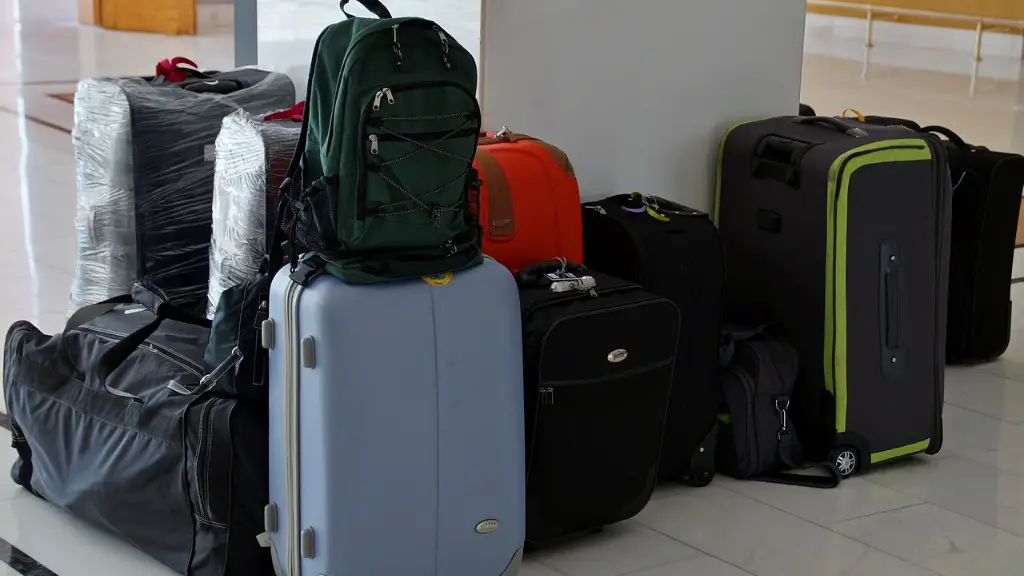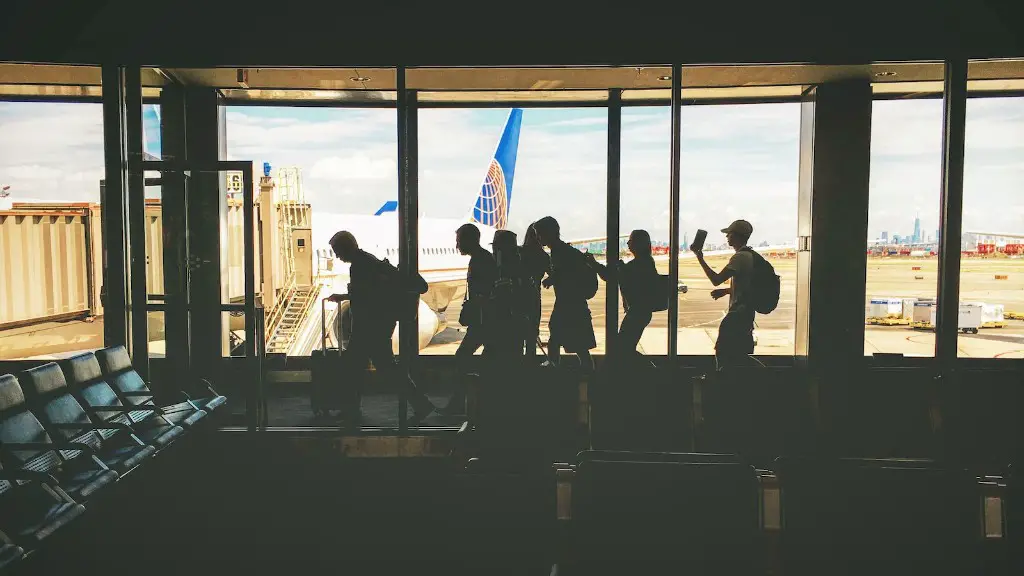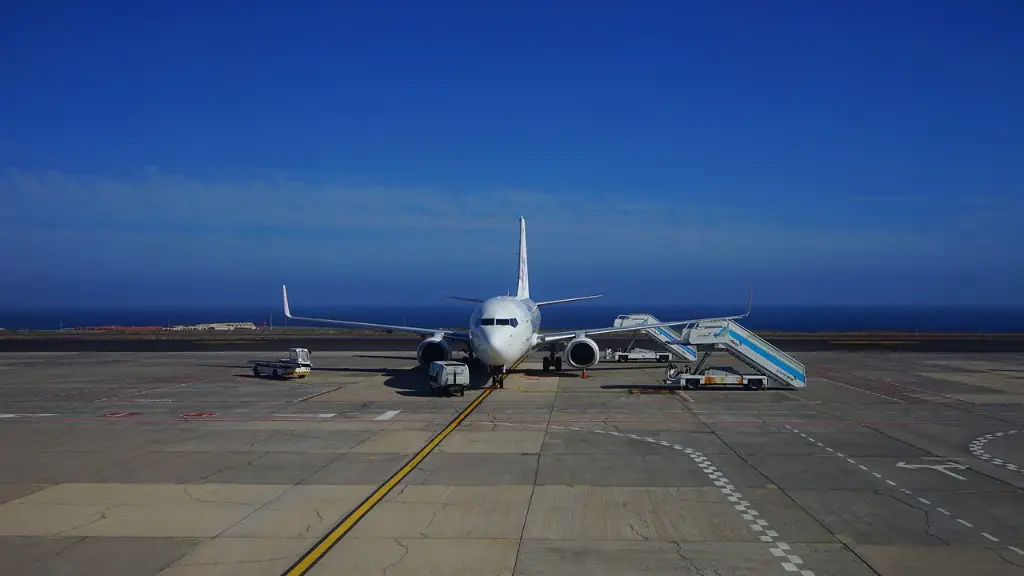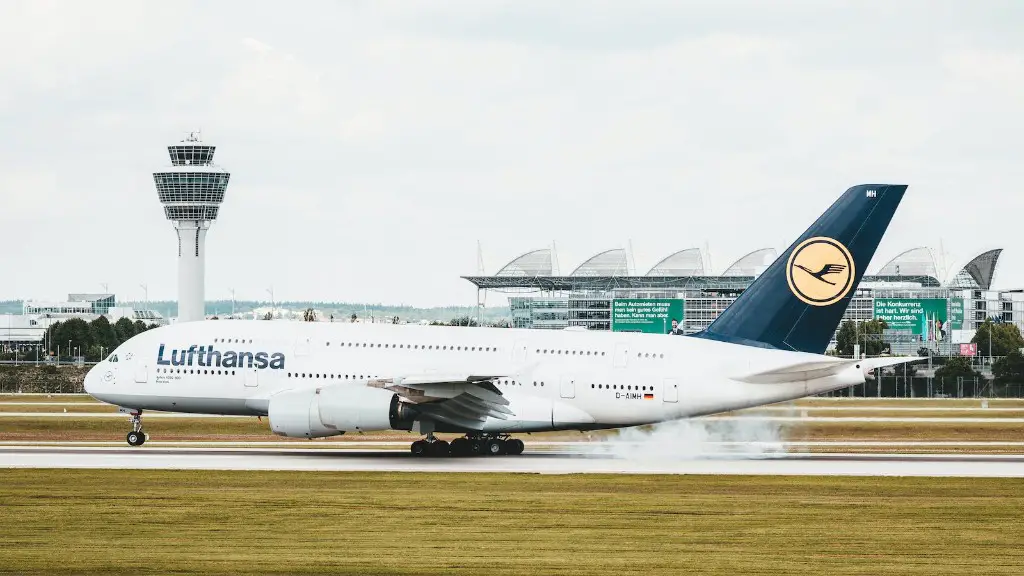When it comes to travel insurance and Covid-19, there is a lot to know. Most standard travel insurance policies will not cover you if you have to cancel your trip due to illness, and many will not cover you if you have to cancel due to travel restrictions. However, there are some insurers who are offering Covid-19 cover as an add-on to their standard policies. This cover typically includes cancellation due to illness, travel restrictions, and delays or disruptions to your trip. It is important to read the fine print of any policy you are considering, as coverage can vary greatly.
Travel insurance policies vary, so it’s important to check the fine print of your particular policy. That said, most travel insurance policies will not cover any claims related to COVID-19, either for cancellation or for medical expenses.
What does COVID 19 travel insurance cover?
Most policies will provide coverage for Trip Cancellation or Trip Interruption if you are ordered to quarantine by a physician due to exposure to the Coronavirus. Most policies will also provide Emergency Medical and Medical Evacuation coverage if you contract the virus while traveling.
While it may seem like “any reason” would be covered under a travel insurance policy, that is not always the case. For example, at the beginning of the COVID pandemic, many travel policies did not cover medical care for pandemic illnesses. However, as the pandemic progressed, many policies were updated to include coverage for COVID. So, if you are planning to travel, be sure to check your policy to see what is and is not covered.
What is usually covered by travel insurance
A comprehensive policy is a great option for travelers as it covers a wide range of potential problems that could occur while on a trip. delays, cancellation due to sickness or death, lost luggage and some emergency medical costs are all typically included in a comprehensive policy, giving travelers a great deal of peace of mind.
If you’re considering cancelling or interrupting your trip due to fear of travel, it’s important to check your travel insurance policy. Most policies will not cover cancellations or interruptions due to known, foreseeable, or expected events, epidemics, or fear of travel. However, it’s always best to check with your provider to be sure.
Should I get travel insurance because of COVID?
There is no one-size-fits-all answer to this question, as it depends on a number of factors. However, you can start to determine if your insurance covers COVID-19 by understanding what type of coverage you have, which provider you bought it from, and what the exact reason is for your trip cancellation. If you have any specific questions about your coverage, you should contact your insurance provider directly.
If you have booked a Basic Economy fare for travel on or after April 1, 2021, you will not be able to change or cancel your booking unless a travel waiver is in place. Please check with your airline for more information on their policies regarding changes and cancellations to Basic Economy fares.
Does travel insurance cover 100%?
If all conditions are met, most of the policies will reimburse you 50% to 75% of your trip costs, unless otherwise noted. Times that CFAR travel insurance coverage may come in handy include: You don’t feel comfortable traveling due to COVID-19 cases or quarantine recommendations.
There are a few things to keep in mind when buying travel insurance. First, it’s important to know what your needs are. Do you need comprehensive coverage, or just basic protection?
Next, be sure to read the fine print and understand the policy. What is covered and what is not? What are the exclusions?
And finally, don’t forget to shop around and compare policies to get the best coverage at the best price.
Does travel insurance ever pay out
According to the travel insurance expert, in order to be eligible for a refund from the insurer, you need to first check with the supplier to see if they offer any refunds for cancellations. “In many cases, the supplier may refund a portion of the original trip cost, so your insurer needs to actually see documentation on what the supplier is, or isn’t, going to refund,” he says. He adds that this is especially important for airfare, as airlines have different refund policies.
If you test positive for COVID-19, and are unable to travel, you should first speak to your tour operator, travel agent or airline about any refunds or making alternative arrangements. Travel insurance may provide some cover for cancellation if you are unable to travel due to medical advice.
Can you get a flight refund if you are sick?
It is important to be aware that if you purchase a non-refundable ticket, you are not entitled to a refund if you are unable to travel for a personal reason. This includes being sick or running late to the airport. before purchasing a non-refundable ticket, be sure that you will be able to travel on the day of your flight.
If you are planning on traveling, it is important to get tested for viruses beforehand. You should get a viral test done no more than three days before your departure. This way, you can be sure of your test results before you travel. If your test results come back positive, do not travel.
Which insurance is best for travel insurance
There are a few things to consider when choosing a travel insurance company. The first is the price – how much will the policy cost you? The second is the coverage limit – how much financial protection will the policy provide? Finally, it’s important to consider the company’s reputation and customer service record.
In general, Travelex offers the best overall value, with Allianz coming in a close second. InsureMyTrip is a good option if you’re looking for a low-cost policy, while World Nomads is the best choice if you need comprehensive coverage.
Most insurance policies have a Trip Cancellation benefit which covers the cost of your pre-paid and non-refundable trip if you need to cancel for a covered reason. The most common covered reason is unforeseen illness, injury, or death of the traveler, a traveling companion, or a non-traveling family member. Other common covered reasons include terrorism, inclement weather, or a natural disaster.
What are three things you should look out for when buying travel insurance?
There are a few things you should keep in mind when purchasing travel insurance:
1. Get the right duration – make sure your policy covers you for the entire length of your trip.
2. Ensure all your destinations are covered – some policies only cover certain countries or regions.
3. What’s a pre-existing medical condition? – be sure to declare any existing medical conditions you have, as these may not be covered by the policy.
4. If there’s an element of danger, you’ll need extra cover – for example, if you’re going skiing or hiking in remote areas.
5. Make sure you can afford the excess – this is the amount you’ll need to pay if you make a claim on the policy.
6. Are all of your belongings covered? – check what limits there are on items such as laptops, cameras, and jewelry.
7. Report any type of theft IMMEDIATELY – if you’re the victim of a theft while on your trip, be sure to report it to the police and your insurance company right away.
If you are planning to travel, getting travel insurance can give you some extra protection against problems that might occur during your trip. This can be particularly important if you are travelling independently, as you may not have anyone to help you sort out any problems that you encounter. Travel insurance can help to cover the cost of things like cancelled flights or accommodation, as well as providing some protection against things like lost luggage or medical emergencies.
Final Words
Travel insurance policies vary, but most cover medical expenses and cancellations due to illness, including coronavirus. Some policies may also cover trip interruption and delays. It’s important to read the fine print of your policy to see what is and isn’t covered.
Assuming you are asking for a summary of what travel insurance covers in relation to Covid-19:
Most travel insurance policies will not cover you if you cancel your trip due to Covid-19. However, many policies will cover you if your trip is interrupted or you have to be quarantined due to Covid-19. It is important to check with your travel insurance provider to see what exactly your policy covers.





